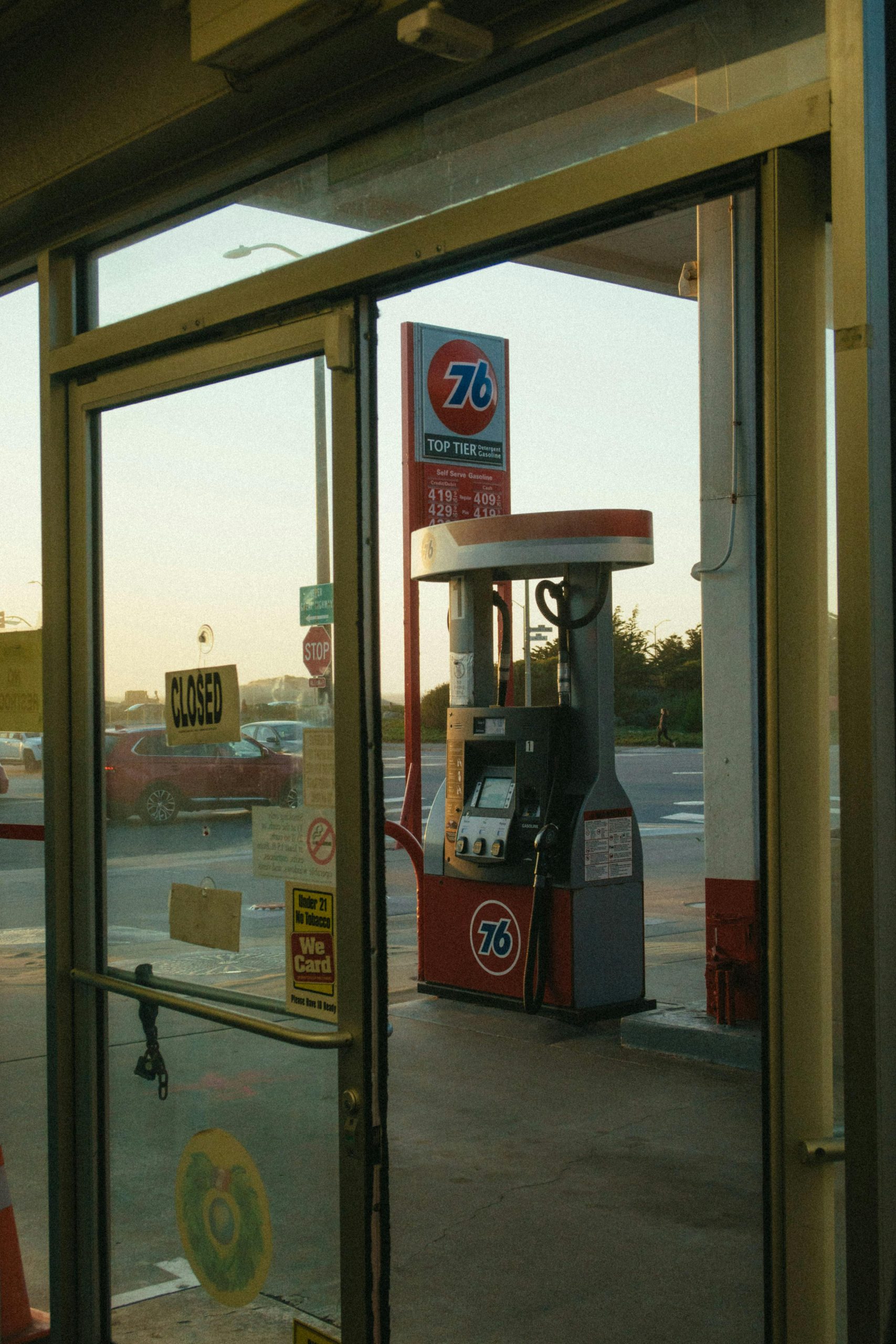Understanding Insurance Claims: What Happens When an Accident Isn’t Reported
Navigating the intricacies of auto insurance can be complex, especially when it comes to incidents that may not have been formally reported or claimed. Here’s a scenario that sheds light on how unresolved accidents can impact your policy and what to consider if contacted years later.
A Year-Old Incident Without Claim History
Imagine you were involved in a car accident in California over a year ago, and you believe you were at fault. At the time, you chose not to notify your insurance provider, and no claim was filed on your policy. Recently, the other driver’s insurance adjuster reached out to you requesting a statement. However, due to a busy schedule, you were unable to respond, and since then, there has been no further contact or correspondence from their side.
Key Points to Consider
- No Claim Filed, No Impact on Your Policy
Despite the passage of a year, your insurance record remains unchanged. The absence of a claim means your policy didn’t reflect this incident, and your good driving discount remains intact even after two renewal periods.
- Communication from the Other Party’s Insurer
The initial contact from the other driver’s insurance company suggests they may still be assessing their position or investigating the incident. Their lack of subsequent contact might indicate they haven’t formally filed a claim or are still in the preliminary stages.
- Timing of Claim Resolutions and Statutes of Limitations
If this matter surfaces again, a common question arises: When does the statute of limitations start? Typically, in California, the statute of limitations for personal injury claims stemming from auto accidents is two years, while property damage claims might have a longer window. Importantly, the clock usually begins when the injury or damage occurs, or when the insurance company becomes aware of the incident, depending on the circumstances.
-
Potential Outcomes and Advice
-
Stay Informed: Keep an eye on your insurance communications in case your insurer contacts you about this incident.
- Respond if Contacted: If approached again, consider providing an honest statement, possibly consulting with an insurance professional or legal advisor for guidance.
- Document Your Records: Maintain records of your insurance policies, renewals, and any relevant correspondence related to this incident.
Conclusion
Unreported accidents can sometimes resurface years later, especially if the other party’s insurer is still evaluating claims. Understanding how insurance companies handle such situations and the applicable statutes of limitations can help you stay prepared. If you



